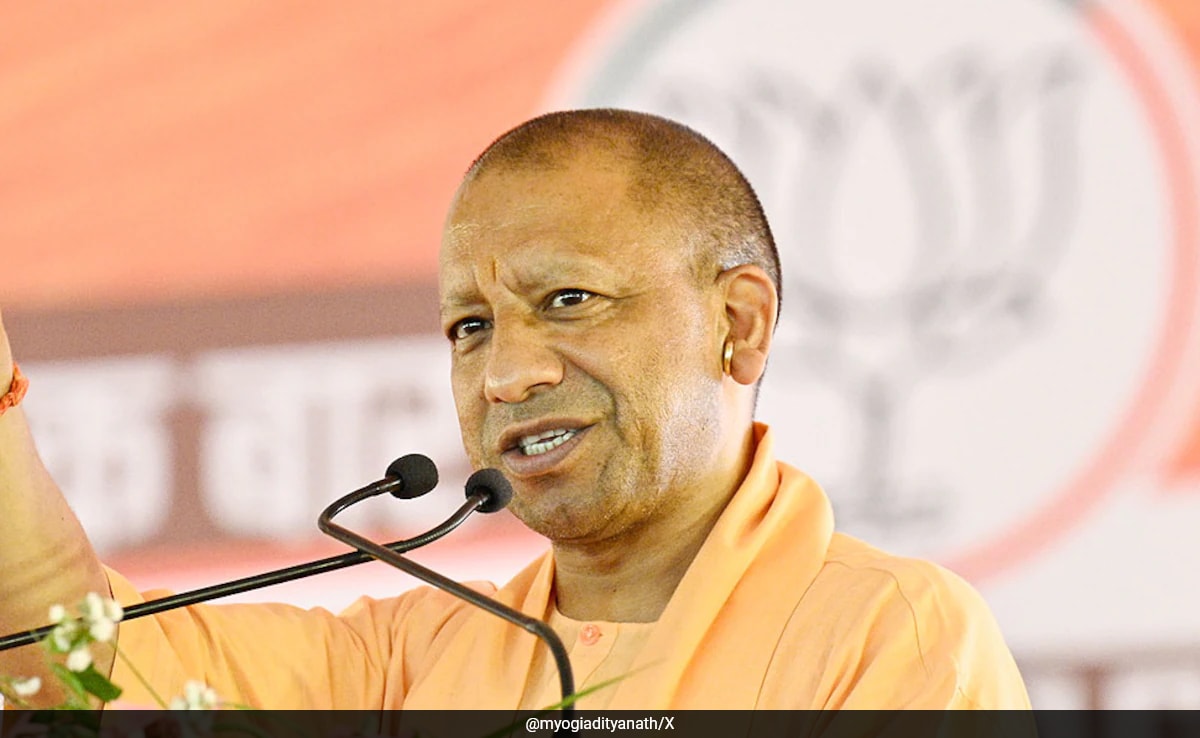Last updated: February 5, 2024 15:48 UTC
The Supreme Court on Monday sought the Center’s response on the Haryana government’s plea against the Punjab and Haryana High Court order declaring its law to reserve 75 per cent private sector jobs for residents of the state “unconstitutional” .
A bench of Justices PS Narasimha and Aravind Kumar issued notice to the Union of India and Faridabad Industrial Association on the appeal filed by the Haryana government.
Solicitor General Tushar Mehta, appearing for the Haryana government, said the high court’s verdict lacked reasoning. The Haryana government has moved the Supreme Court against the High Court order dated November 17, 2023.
The high court also ruled that the Haryana Employment of Local Candidates Act, 2020 was “super valid” and said the law would be “invalid from the date of its commencement”.
“We are of the considered opinion that the writ petition may be allowed and the Haryana Employment of Local Candidates Act, 2020 is held to be unconstitutional and violative of Part III,” the high court said in its 83-page judgment. The provisions of the Constitution of India are, therefore, deemed to be ultra vires and are of no effect with effect from the date of commencement.” The High Court has entertained several petitions against the Act, which came into effect from January 15, 2022 and will bring 75 % of the posts are reserved for state candidates. It covers jobs with a maximum monthly salary or wages not exceeding Rs 30,000.
“As the counsel for the petitioners succinctly pointed out, the fundamental object of the legislation is to create artificial disparity and discrimination against the citizens of India,” the high court said in its order. Market recruitment for categories of employees earning less than Rs 30,000 per month is beyond the purview of the state. “The state itself should not direct the private employers it has to employ, having regard to the laissez-faire principle of ‘the less it manages, the better itself’,” the high court said.
“It (the state) itself cannot discriminate against individuals just because they do not belong to a country and discriminate negatively against other citizens of the country,” it said. “Once the Constitution of India has such a provision, we cannot see that the state has any Any reason to force private employers to hire local candidates would result in massive similar national legislation providing similar protections to their residents and would create artificial walls across the country that the framers of the Constitution never envisioned, ” the High Court order stated.
The High Court observed that conferring secondary status to citizens who do not belong to the state of Haryana and restricting their fundamental right to earn a living is a blatant violation of the concept of constitutional morality. It also noted that the Constitution prohibits discrimination against citizens in employment based on their place of birth and residence.
The Act applies to employers in private sector companies, societies, trusts, limited liability partnerships, partnerships and any person who employs 10 or more persons and receives wages, wages or other remuneration for carrying on manufacturing, carrying on business or rendering any service . Services in Haryana. A key poll promise made by ruling coalition partner Jannayak Janta Party in the 2019 parliamentary elections was to provide 75% reservation of private sector jobs for state residents.
Follow us on Google news ,Twitter , and Join Whatsapp Group of thelocalreport.in
















